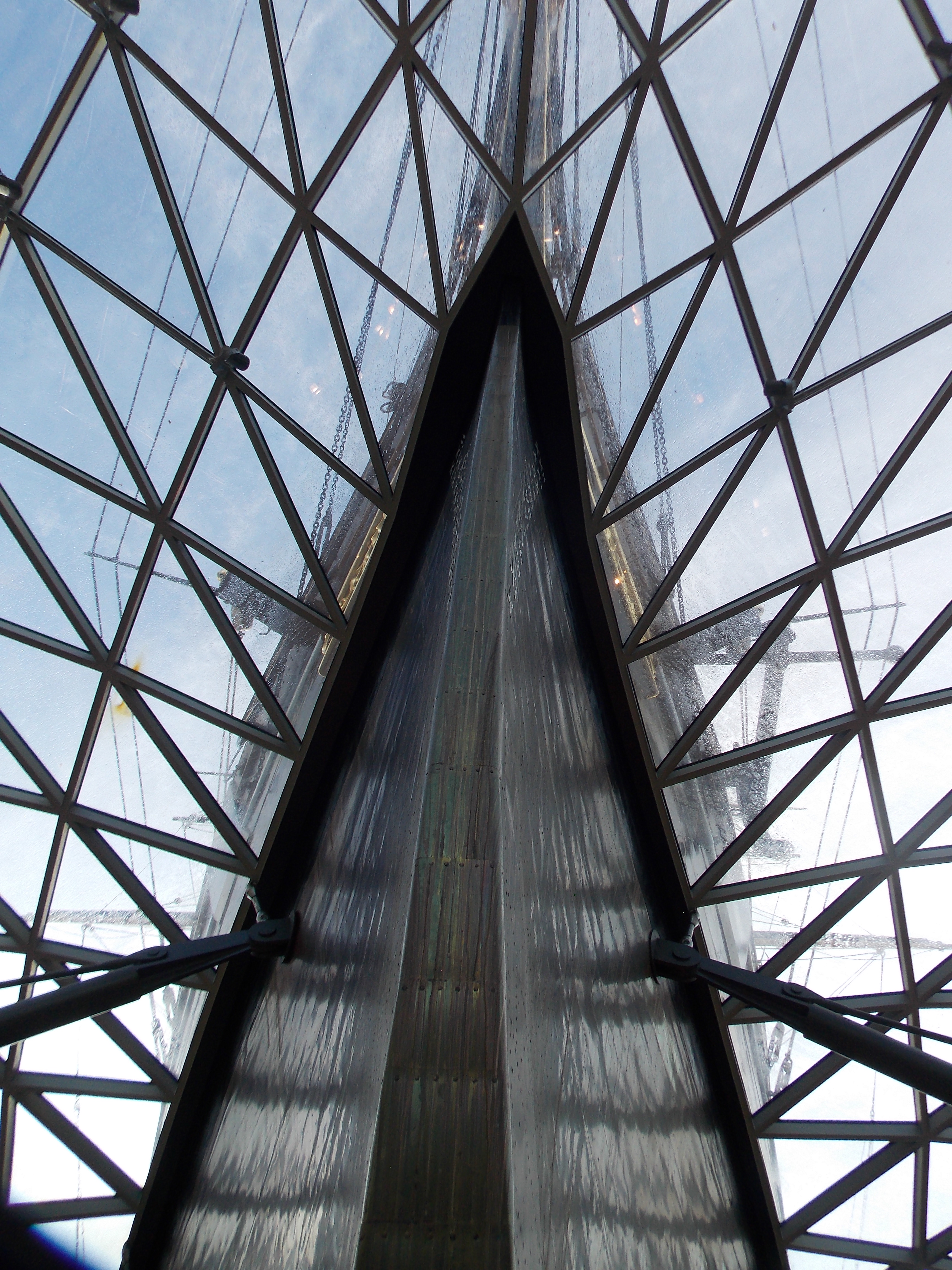According to an energy expert, Belgium banned “parallel grids”. WTF is a parallel grid?: Any power source that does not feed the grid is defined as a “parallel grid”. So you cannot install solar panels or a generator that does not connect to the grid. You cannot unplug from the grid and install batteries.
He said that policy was in force 5 years ago and did not know if that policy is still in place today.
I find it disgusting that such a policy existed for even 1 day. It means you cannot live independant from the grid. You are forced to patronise the energy supplier. At the same time, the injection rate they pay you for feeding the grid is ~⅒ the rate you pay for consumption.
What about vacation homes? There are rural zones in Belgium where homes are designated as unsuitable for living, which you cannot legally register as your domicile. They are intended as 2nd homes for recreation. Some of such homes may not have water, sewer, and power. Of course some offgrid power would be quite useful.
Can anyone cite the law on this, if it’s still in effect?
Is it just Belgium that does this?
That’s madness! My bike has a hub dynamo - if I ride it in Belgium will I be deported?
I’m quite certain that this is some misunderstanding.
Just like in every country where people don’t want to be caught bare-butted in a firestorm, I’m sure that in Belgium too, hospitals, water treatment, military units, air traffic control, rail traffic control, seaports, lighthouses, rescue services, communications hubs, data centers, critical warehouses (e.g. blood bank, vaccine storage, fuel distribution), big data centers and some industries (anything where devices would be ruined by an extended outage) have double or triple redundant power.
In my book, something becomes an electrical grid when power distribution lines cross from one plot of land to another. In some countries, monopoly to do that might be granted to the national grid company.
Now, as for housing and construction bureaucracy: it might be entirely possible that it’s near-impossible to build a decent-sized house in a normal-looking country (including Belgium) without requesting a grid connection for it. Construction bureaucracy is insane in some lands. They might demand you to build a road and lay plumbing too, just because you’re in “zone A” and some local regulation says “all living premises in zone A shall be connected to electrical, water and sewage grids”. My advise in that case: don’t build a living premise. Build something else but live there. :)
P.S.
I also note that Belgium seems to have regulations for microgrids.
https://www.energuide.be/en/questions-answers/what-are-microgrids/2129/
Public electricity networks in Western urban areas are extremely dense and also closely monitored. Because macrogrids are highly reliable, microgrids are virtually unnecessary.
However, efforts are being made to introduce renewable energy into urban environments, too. This is possible through collective self-consumption, for example, where consumers and producers come together as part of a local project (association, cooperative, co-ownership, etc.).
The principle is simple. Let’s say you want to generate sustainable energy, but you’re renting an apartment, living in a protected building or your roof isn’t suitable for solar panels. You can still form a cooperative with other individuals and generate electricity on the roof of a neighbouring school, office or warehouse, for example.
In Brussels, the distribution network operator Sibelga and Leefmilieu Brussel are examining the possibilities for collective self-consumption in the capital city.

